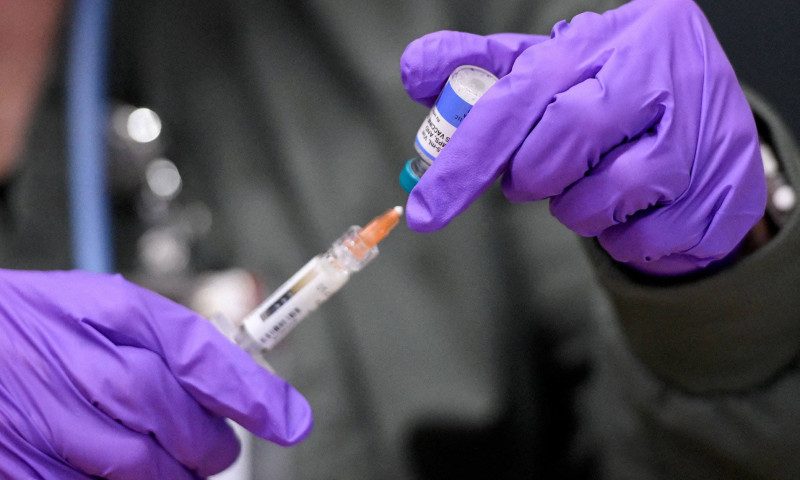The recent changes to the Centers for Disease Control and Prevention's (CDC) website regarding the link between vaccines and autism have sparked significant controversy and debate. The CDC, a trusted authority on public health, has long maintained that there is no causal relationship between vaccines and autism. However, recent updates to their website now suggest uncertainty, contradicting established scientific research on the topic.
According to the CDC, autism spectrum disorder (ASD) is a developmental disability that can cause significant social, communication, and behavioral challenges. Despite some people's concerns, numerous studies have shown no link between childhood vaccinations and ASD. In the past, the CDC's official stance was that vaccines do not cause autism, a position supported by extensive research and the National Academy of Medicine.
However, the CDC's revised webpage now casts doubt on these findings, promoting the debunked theory that autism could be linked to vaccines. This revision aligns with the views of anti-vaccine activists, including Robert F. Kennedy Jr., who has long advocated for the idea that vaccines might cause autism, despite the lack of scientific evidence. This shift has raised concerns among public health experts, who fear it could erode public trust in vaccinations and have wider ramifications for public health.
The CDC's webpage update also includes false claims, such as asserting that studies supporting a link between vaccines and autism have been ignored by health authorities. This misrepresentation is particularly alarming, as it contradicts the conclusions drawn from numerous rigorous scientific studies and meta-analyses, which all find no evidence of a causal relationship. For example, the CDC website now states that aluminum in vaccines could be associated with autism, a claim that is not supported by stronger research.
Critics argue that the revised webpage misinterprets existing research, potentially fueling anti-vaccine sentiment. The CDC's website previously echoed the FDA's approved findings that there is no link between vaccines and autism. The recent changes are seen as a departure from this stance, potentially driven by the influence of anti-vaccine advocates, including high-profile figures like Kennedy, who have long questioned the safety of vaccines.
The controversy over the CDC's revised webpage has significant implications for public health. Vaccines are crucial in preventing the spread of infectious diseases, and any misinformation could lead to lower vaccination rates and increase the risk of outbreaks. The public relies on trusted sources like the CDC for accurate, evidence-based information. The recent changes to the CDC's website raise questions about the integrity of the information being provided and the potential impact on public health decisions.



